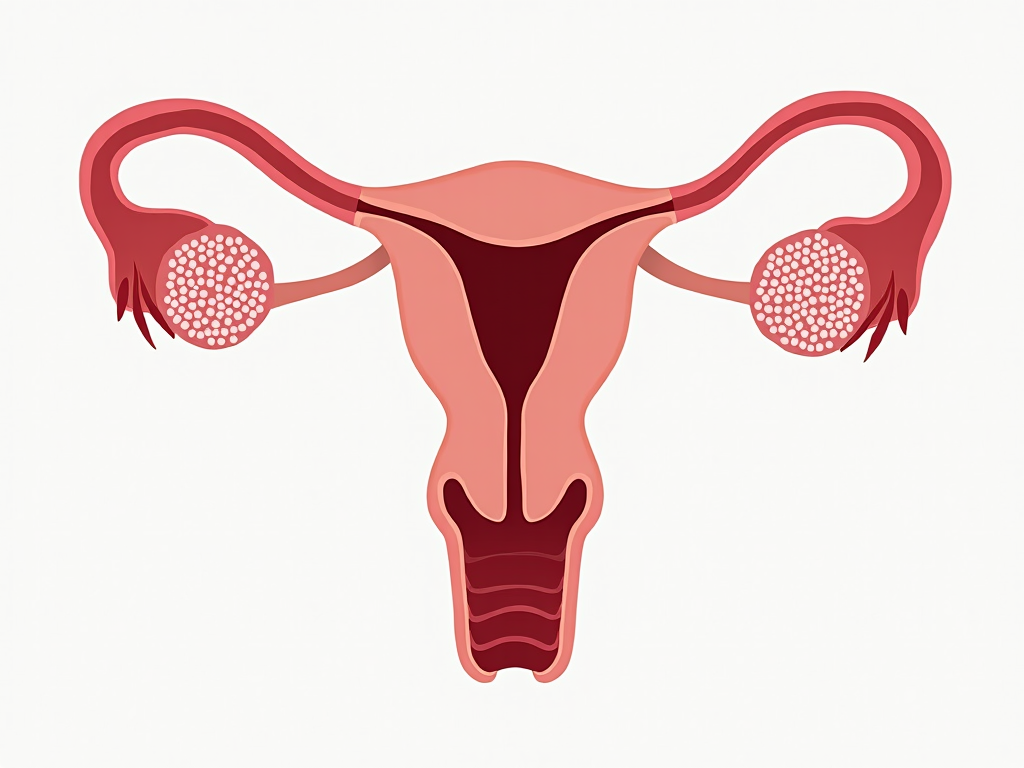Male Infertility: Causes and Treatments
March 13, 2025, 7:36 a.m.
Male infertility affects millions of couples worldwide, making it tough to start a family. It’s not just a women’s issue—men play a big role too. This article dives into Male Infertility: Causes and Treatments, offering clear insights and hope for those facing this challenge.
Understanding Male Infertility
When a man struggles to get his partner pregnant after a year of trying, it’s called male infertility. It’s more common than you might think, impacting about 1 in 7 couples. Often, it’s tied to sperm issues—like low count or poor movement—but other factors can play a part too.

Take my friend Mark, for example. He and his wife tried for over a year before seeing a doctor. Turns out, his sperm count was low. It hit him hard—he felt less ‘manly’—but learning it was treatable gave him a new outlook. That’s the thing: infertility doesn’t mean it’s over; it just means you need the right help.
Common Causes of Male Infertility
So, what causes male infertility? It’s a mix of things—some you can control, others you can’t. Here’s a quick rundown:
- Varicocele: Swollen veins in the scrotum that mess with sperm production.
- Infections: Things like STIs or prostate issues can block sperm.
- Hormone Problems: Low testosterone can slow down sperm-making.
- Genetics: Conditions like Klinefelter syndrome affect fertility.
- Lifestyle: Smoking, heavy drinking, or obesity can hurt sperm quality.

Varicocele, for instance, is fixable with surgery. It’s like unclogging a pipe—once the flow’s back, sperm quality often improves. Lifestyle factors? They’re trickier. Quitting smoking isn’t easy, but it can make a real difference. Even age plays a role—older men might face fertility treatments and age-related infertility challenges, though it’s less dramatic than in women.
Diagnosing Male Infertility
How do you know if it’s you? Start with a semen analysis. It’s a simple test that checks sperm count, shape, and speed. Doctors might also run blood tests for hormones, do an ultrasound, or even take a tiny sample from the testicles if needed.

It’s not just about the man, though. Both partners should get checked. Imagine spending months fixing one side of the equation when the other needs attention too. A good doctor will guide you through it, step by step, so you’re not guessing.
Treatment Options for Male Infertility
Good news: fertility treatments can often help. Depending on the cause, here’s what might work:
- Surgery: Fixes varicoceles or clears blockages.
- Medications: Balances hormones or fights infections.
- Assisted Reproductive Technologies (ART): Think IVF or IUI—high-tech ways to get sperm where it needs to go.
- Sperm Retrieval: Pulls sperm directly from the testicles if it’s not coming out naturally.

IVF, for example, mixes sperm and egg in a lab, then places the embryo in the womb. It’s not cheap—think thousands of dollars—but for many, it’s worth it. My cousin went through it. After years of frustration, he’s got a little girl now. Treatments vary, so it’s about finding what fits your situation.
Lifestyle Changes and Home Remedies
Not every fix needs a doctor. Small changes can boost your odds:
- Quit smoking—it’s a sperm killer.
- Cut back on alcohol and avoid drugs.
- Stay active and keep a healthy weight.
- Skip the hot tubs—heat hurts sperm.
- Chill out—stress can throw things off.

Supplements like zinc or vitamin C might help too, but don’t just guess—ask your doctor. I’ve seen guys turn things around by dropping bad habits. It’s not a cure-all, but it’s a start. Plus, it’s good for you anyway!
Emotional and Psychological Impact
Let’s talk feelings. Infertility can hit hard. Men often feel like they’ve failed—like it’s their fault the family’s on hold. It can strain your relationship too. Talking about it helps. So does finding others who get it.

Mark told me he felt alone until he joined a support group. Hearing other guys’ stories made him realize it’s not a rare problem. If it’s too much, a counselor can guide you. You don’t have to carry it all yourself.
Fertility Treatments and Age-Related Infertility
Age matters for men too. Sure, guys can father kids later than women, but sperm quality dips over time. By 40 or 50, the risks of genetic issues in babies go up. Fertility treatments and age-related infertility become bigger topics as the clock ticks.

Treatments like ICSI—where a single sperm is injected into an egg—can help older men. It’s precise and boosts the odds when sperm’s not top-notch. Age doesn’t stop you, but it might mean more help from science.
When to Seek Help
When should you see a doctor? If you’ve been trying for a year with no luck—or six months if she’s over 35—go now. Don’t wait if you’ve got symptoms like pain or a history of issues either. Early steps can save time.
The process isn’t scary. It’s just tests and talks to figure out what’s up. Couples who act sooner often find solutions faster. You’re not admitting defeat—you’re taking control.
Summary
Male infertility is tough, but it’s not the end. From varicoceles to lifestyle tweaks to advanced fertility treatments, there’s hope. Understanding the causes and acting on them can lead you to fatherhood. You’re not alone—help’s out there.